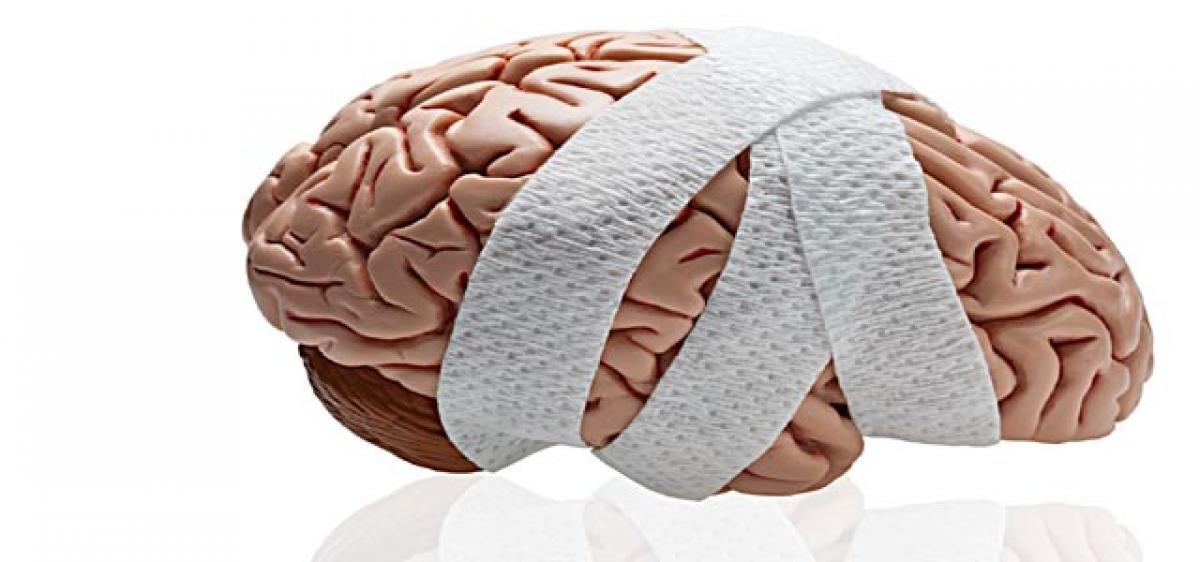Live
- Sun-Dried Cotton to Be Taken to CCI Purchase Centers, Avoid Middlemen - Collector
- Survey Process Requires Public Cooperation - Collector Badavath Santosh
- Distribution of Maize Seeds to Farmers at Agricultural Research Center
- Education with Human Values Must be Provided to Students - Telangana State Higher Education Council Chairman Prof. V. Balakista Reddy
- Review on Employment Guarantee Works and Nursery Management
- Nepal's disasters cause huge loss in late September
- Congress not finished but BJP survives on backs of Nitish, Chandrababu: Nana Patole
- Calcutta High Court advises Bengal government to fix guidelines for demonstration sites
- 25 per cent of Indians affected by Varicose Veins, say health experts
- Congress launches 'Delhi Nyay Yatra' to expose AAP govt's failure









